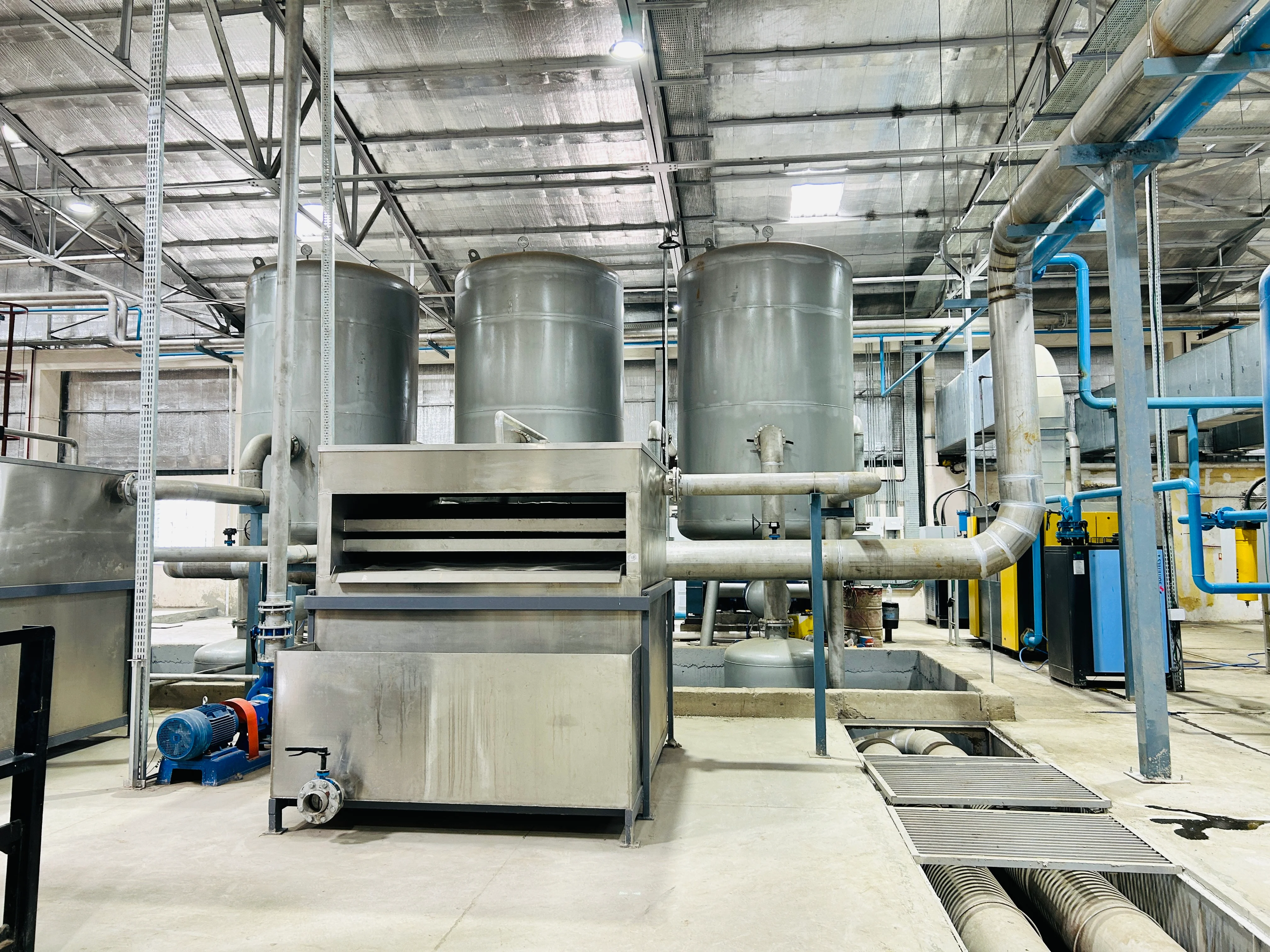The forthcoming Revolution in Indian manufacturing.
Over the years, Indian manufacturers have been playing a balancing game of critical proportions, on one hand, they need to increase production, scale up, and on the other hand, put environmental harm to an appropriate scale.
As the nation produces more than 3.4 million tonnes of plastic waste on an average year (CPCB, 2023), and as regulation mounts in the form of the Plastic Waste Management (PWM) Rules in India, industries are seeking viable solutions, which do not make them sluggish.
That is where moulded fibre packaging comes in, to make sustainability not a challenge, but an automation strength. At Fibmold, the innovation is in the development of fibre-based packaging, which can be easily inserted into the current automated production lines, making it sustainable, fast, accurate and reliable.
The Reason Sustainability is Now to be Engineered, Not Outsourced.
Just a few months ago, sustainability in packaging was treated as an appendage — a promotional move and not an engineering ambition.
- Manufacturers tended to delegate ecologically friendly solutions without reconsidering their internal line efficiencies.
- However, the emergence of new compliance requirements, including Extended Producer Responsibility (EPR) standards in India and FSSAI packaging safety requirements, means that the industry needs to implement sustainability throughout all processes — from the raw material to dispatch stage.
- Packaging made of fibre, such as the packaging produced by Fibmold, does just this.
- Its major strength is that it operates in the current manufacturing systems.
- Fibre trays, inserts, and containers can now be substituted by using automated pulp-moulding and thermoforming technologies, on the same conveyors, filling units, and packing lines — replacing plastics.
- Stated briefly, automation and sustainability cease to be two agendas, as they are designed to be combined.
Fibre Packaging: Made to Work Automatically, Made to be Fast.
The core of the Fibmold infrastructure is a superior automation system - high speed pulp preparation, accurate molding, in-line drying and robotic stacking. The result? A wrapping system that does not only appear to be sustainable but even acts like industrial plastic.
The main advantages of Automated Fibre Packaging Integration would be:
- Zero workflow interference: Moulded fibre trays and compostable packaging units will be engineered to fit the dimensional and mechanical needs of their plastic equivalents, such that they can fit into the production lines as plug and play components.
- High volume preparedness: Automated devices manufacture thousands of eco-friendly FMCG packages in one day and allow brands to grow in a sustainable manner.
- Constant quality: Fibmold uses highly accurate thermoforming equipment to guarantee consistency in the thickness of the wall and its form - which is vital in automated filling and sealing.
- Less down time: Fibre moulding can be directly integrated into the robotic assembly and stacking units minimizing the reliance on manual operations and maximizing up time.
Stated differently, the transition to sustainable packaging is no longer a sacrifice in terms of speed. It involves coming up with smarter lines that are regulation-proof and future ready.
Case Study: Intelligent Replacement in any Industry.
The case studies of Fibmold indicate how the fibre-based packaging could soundly substitute plastic in both high-tech and high-volume industries:
- Pharma Injectables Tray - These injectables trays are designed to be highly precise and sterile and meet high standards of packaging, and are in compliance with the medical waste management regulations in India.
- Cosmetic Inserts - Major luxury beauty lines are replacing their traditional packaging boxes and cosmetic-based inserts with eco-friendly boxes and cosmetics inserts that are non-destructive in their shelf performance.
- Electronics Packaging - Eco-friendly electronics packaging includes provisions of shock absorption and dimensional stability, competing with plastic foams and clamshells, and is needed on delicate parts.
All these applications illustrate that to make fibre packaging automation a case of complementing sustainability and performance is not a matter of sacrificing, but rather an improvement.
An Advantage of Cost-Efficiency, Regulation Readiness.
- The changing sustainability environment in India provides an early mover an edge.
- According to the UN Environment Programme (2024), manufacturers investing in green F&B packaging and bagasse packaging technologies would gain up to 30 percent better compliance efficiency and consumer trust ratings.
- The difference in price between plastic and fibre packaging has been reduced significantly.
- Fibre packaging lines now have an enhanced Total Cost of Ownership (TCO) when automation and scalability are considered — as environmental levies are reduced, waste is minimised, and logistics are better integrated.
- As key players in the FMCG, pharma, and electronics sectors move to biodegradable food packing materials and fibre tray recycling, the innovation of Fibmold ensures that Indian manufacturing remains aligned with global ESG requirements.
Summary: A Smoothing Transition to Sustainable Production.
It is not about sustainability fit within automation, but the rate at which we can automate sustainability. Fibmold shows that the change does not require a disruptive and costly change. It may be intelligent, expandable, and utterly effective.
From pharmaceutical trays to F&B containers, the firm automated fibre packaging ecosystem is the next manufacturing leap in India, where each tray, scoop and insert is a story of the success.
Are You Smart Enough to Automate Your Sustainability?
Fibre-based packaging solutions at Fibmold can be used to join the revolution in the manufacturing sector in India. See what we have to offer in terms of moulded fibre trays, compostable packaging and eco-friendly F&B packaging at www.fibmould.com.
Follow us on LinkedIn to get new design inspirations and success stories.






